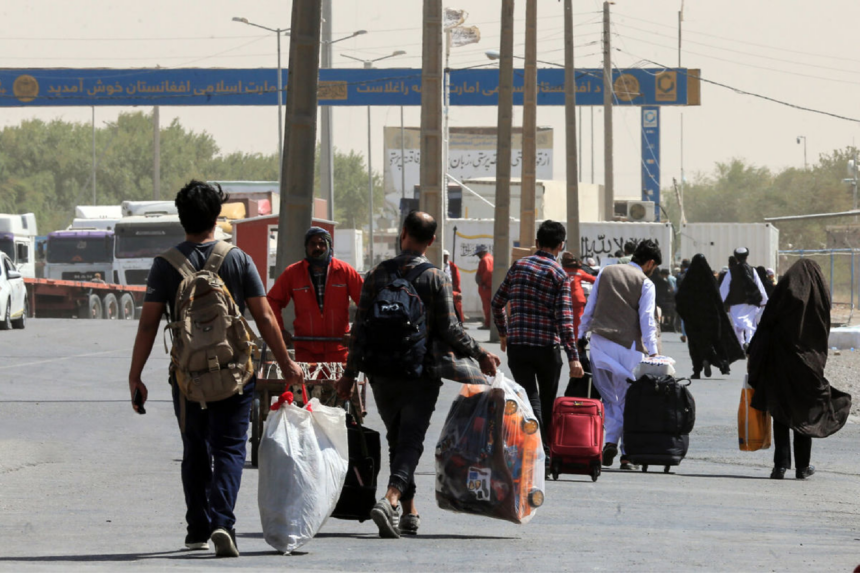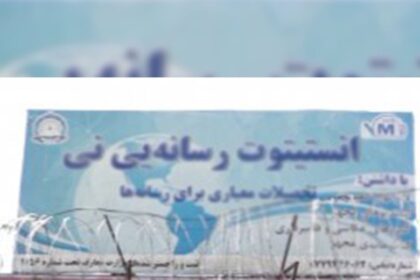RASC News Agency: The United Nations High Commissioner for Refugees (UNHCR) recently published a report disclosing that over 574,000 Afghanistani refugees were forced to return from Iran and Pakistan during the first half of 2024. The report, issued on Thursday, October 17, specifies that 156,000 Afghanistani nationals were deported from Pakistan, while 418,000 were expelled from Iran.
The humanitarian and human rights situation in Afghanistan remains critically dire under Taliban rule. According to the report, returning Afghanistanis urgently require shelter, financial assistance, food supplies, and immediate services, particularly for children, women, and girls, upon their arrival back in Afghanistan. Since the Taliban’s return to power, more than 1.6 million Afghanistani citizens have sought refuge in Iran and Pakistan, driven by worsening economic and security conditions.
The report highlights that Iran and Pakistan collectively host over 8 million Afghanistani refugees, with the Afghanistani diaspora now representing the largest refugee population in the world, surpassing Syrian refugees. Iran alone is sheltering 4.5 million Afghanistani refugees, over a million of whom have fled there since the Taliban’s takeover. In Pakistan, approximately 2.8 million Afghanistani refugees remain. The UNHCR report also states that Pakistan, following its new policy to expel undocumented migrants, has already deported 647,000 Afghanistani nationals this year.
In 2024, a total of 50 organizations, including 13 UN agencies, 19 non-governmental organizations, and 19 local civil society groups, have been working with a budget of $620.4 million to support 7.3 million refugees and the countries hosting them. However, by mid-year, only 25% of the required funds had been raised. Since last year, both Iran and Pakistan have ramped up the forced expulsion of Afghanistani refugees, further exacerbating the humanitarian crisis in Taliban-controlled Afghanistan.
This accelerated return of Afghanistani refugees to a country in crisis has compounded the already severe humanitarian disaster, with many lacking the resources and services necessary for a dignified return.






